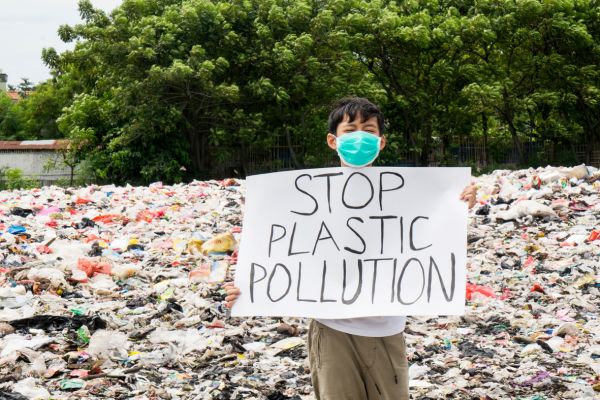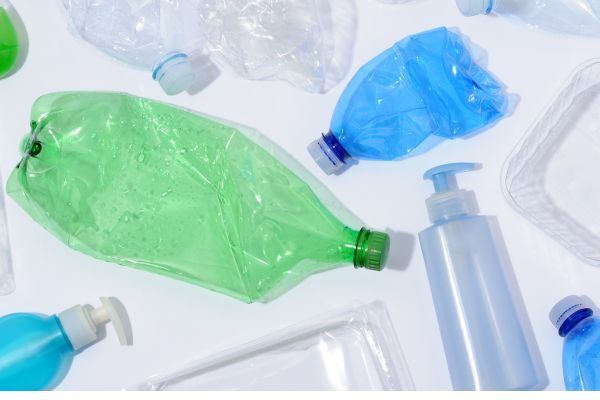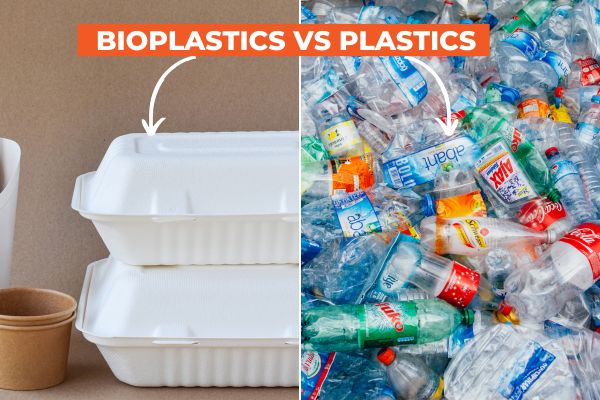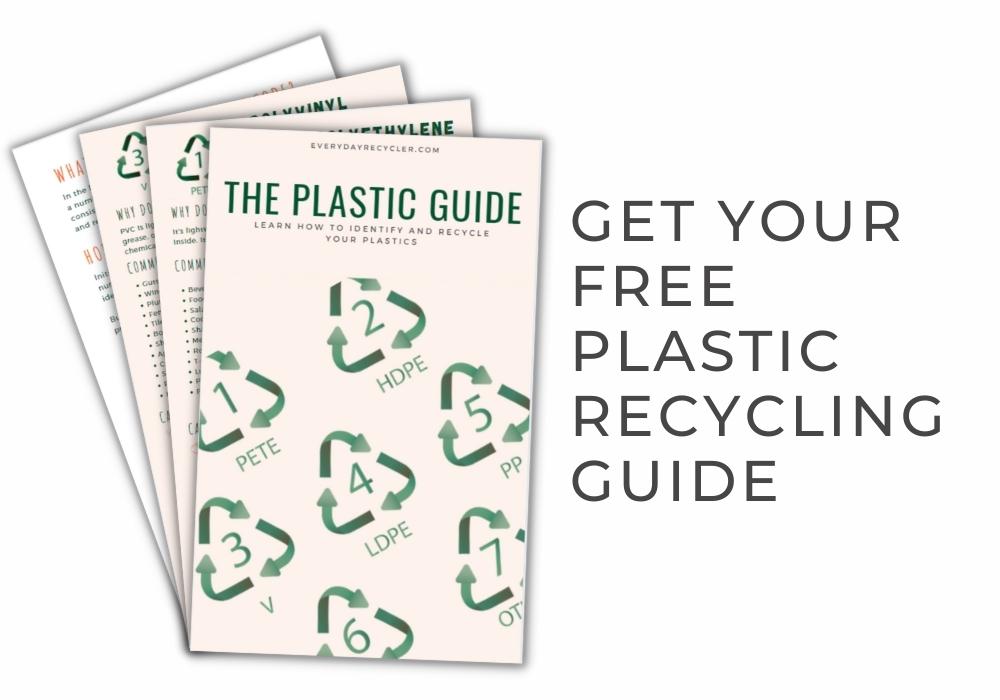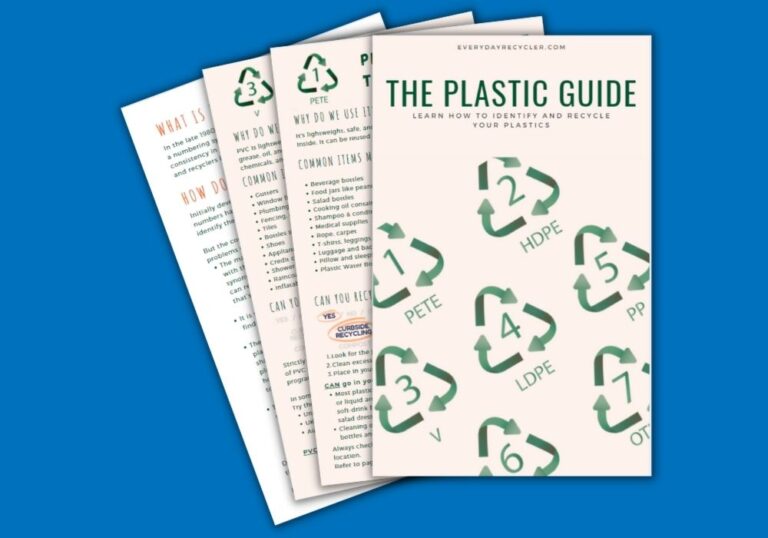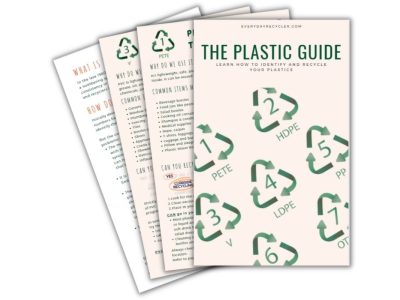A global plastics treaty refers to an international agreement or accord that aims to address and regulate issues related to plastic pollution on a global scale. Such a treaty would involve multiple countries coming together to establish a common set of rules, standards, and commitments to manage and reduce the impact of plastic waste on the environment.
History of the movement
Countries and organizations have increasingly recognized the urgent need to address the environmental challenges posed by plastic pollution. Many nations have individually implemented regulations and commitments to reduce single-use plastics and improve recycling. Additionally, regional agreements and collaborations have emerged to combat plastic waste.
Key Components of a Global Plastic Treaty
The key elements that a global plastic treaty should address include:
- Reduction Targets: Setting specific targets for reducing plastic production, consumption, and waste generation. This could involve limits on single-use plastics, reductions in plastic packaging, and the promotion of alternative, more sustainable materials.
- Recycling and Waste Management: Developing strategies and infrastructure to improve recycling rates and ensure responsible disposal of plastic waste, such as preventing plastic from ending up in the oceans or other sensitive ecosystems.
- Extended Producer Responsibility (EPR): Encouraging manufacturers and producers to take responsibility for the entire lifecycle of their plastic products, including collection and recycling.
- Research and Innovation: Promoting research into sustainable alternatives to plastic, as well as innovations in plastic recycling and biodegradable materials.
- Global Cooperation: Facilitating cooperation among countries to combat transboundary plastic pollution, including preventing the export of plastic waste to countries with inadequate recycling or waste management systems.
- Public Awareness and Education: Encouraging public awareness and education campaigns to promote responsible plastic use and disposal.
The goal of a global plastic treaty is to unite countries in a collective effort to tackle the global plastic crisis and reduce the environmental and health impacts associated with plastic pollution. Such a treaty would emphasize the need for coordinated action on a global scale, recognizing that plastic pollution transcends national borders and requires international cooperation to be effectively addressed.
Development So Far
On the 2nd March 2022, UN Members, representing 175 nations, endorsed a resolution at the Un Environment Assembly in Nairobi agreeing to End Plastic Pollution and to agree on an internationally legally binding agreement by 2024. The resolution was intended to cover the whole lifespan of plastic, from design and manufacture to disposal at the end of its useful life.
The plan that was agreed was for an Intergovernmental Negotiating Committee (INC) to be established. Once established, it would be their task to complete a draft global agreement by the end of 2024. One of the main goals of the treaty is to cut plastic pollution by 80% by 2040; how this will be achieved is what must be worked out and agreed upon.
The first meeting of the Intergovernmental Negotiating Committee (INC) was held in Uruguay in December 2022, following the official commencement of negotiations in November. A second round of talks, dubbed INC-2, was held in Paris in May 2023, and a third round was held in November 2023 in Kenya.
The discussion over where the emphasis continued during these sessions. There are divergent opinions notwithstanding the original treaty’s recommendation to concentrate on three areas: recycling, reuse, and reorientation (a shift to alternative materials). While some parties think it is better to concentrate on waste management and recycling, others would rather see greater emphasis put on limiting the manufacture of new plastics.
With two more rounds of talks planned before the end of 2024, the main priority will be to strike a deal on the control of plastics. With the intention of lowering total output, a coalition of “high-ambition” states headed by Rwanda and Norway is arguing for far more control over the whole plastic life cycle. However, a few oil-producing nations are pushing for more emphasis on waste management rather than the full lifespan of plastic and executing national-level voluntary initiatives to combat plastic pollution rather than international ones.
The upcoming rounds of talks in 2024 reflect a crucial juncture in global efforts to address plastic pollution. The challenge lies in finding a balanced, effective strategy that accommodates diverse perspectives, fostering international cooperation to combat the complex issue of plastic pollution. The negotiations will play a pivotal role in determining the future direction of global initiatives to mitigate the environmental impact of plastics.
Sources
- United Nations Press Release, March 2022
- Weeklong negotiations for landmark treaty to end plastic pollution close, marred in disagreements, AP News, November 2023
- Ellen MacArthur Foundation INC-3 reflections, Ellen MacArthur Foundation, November 2023


